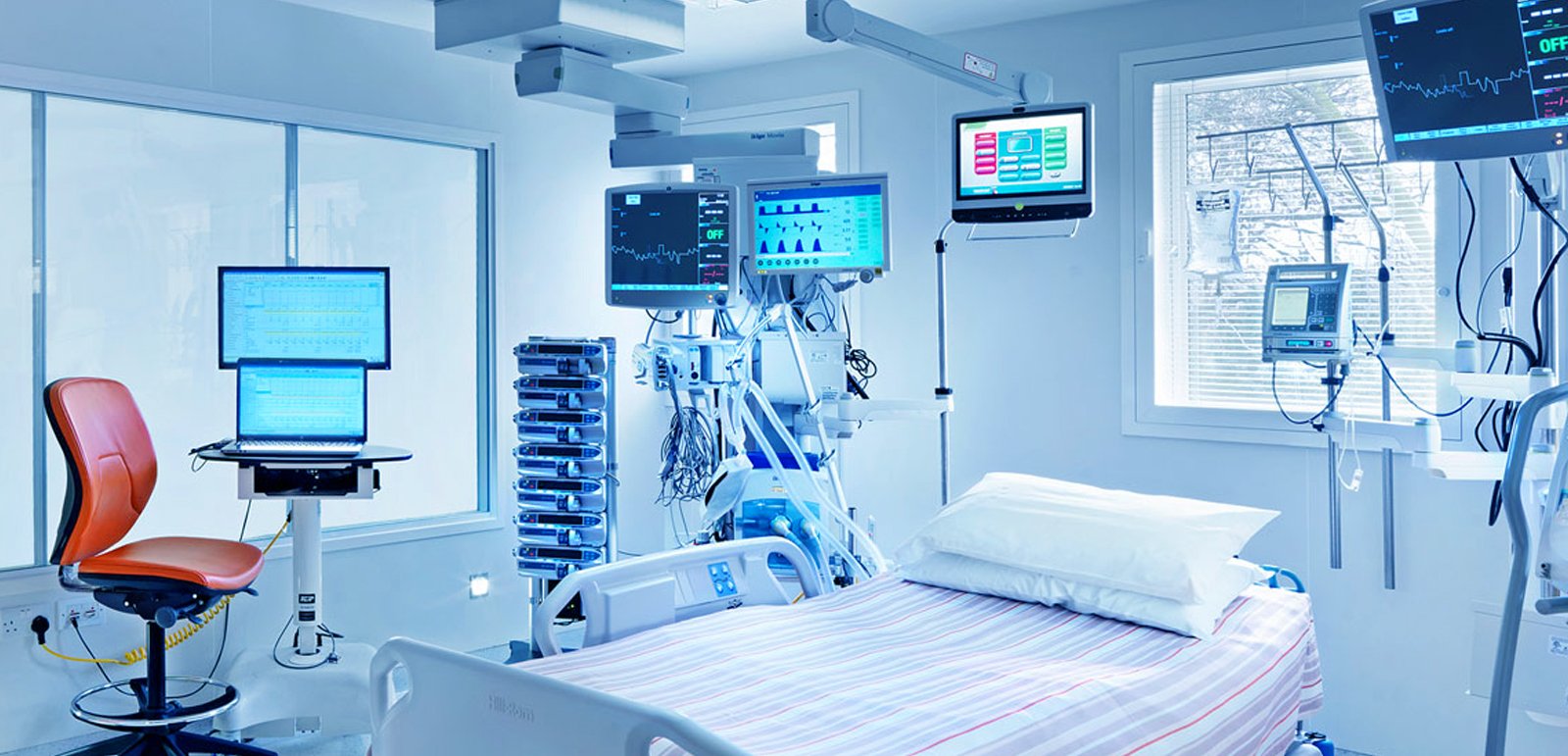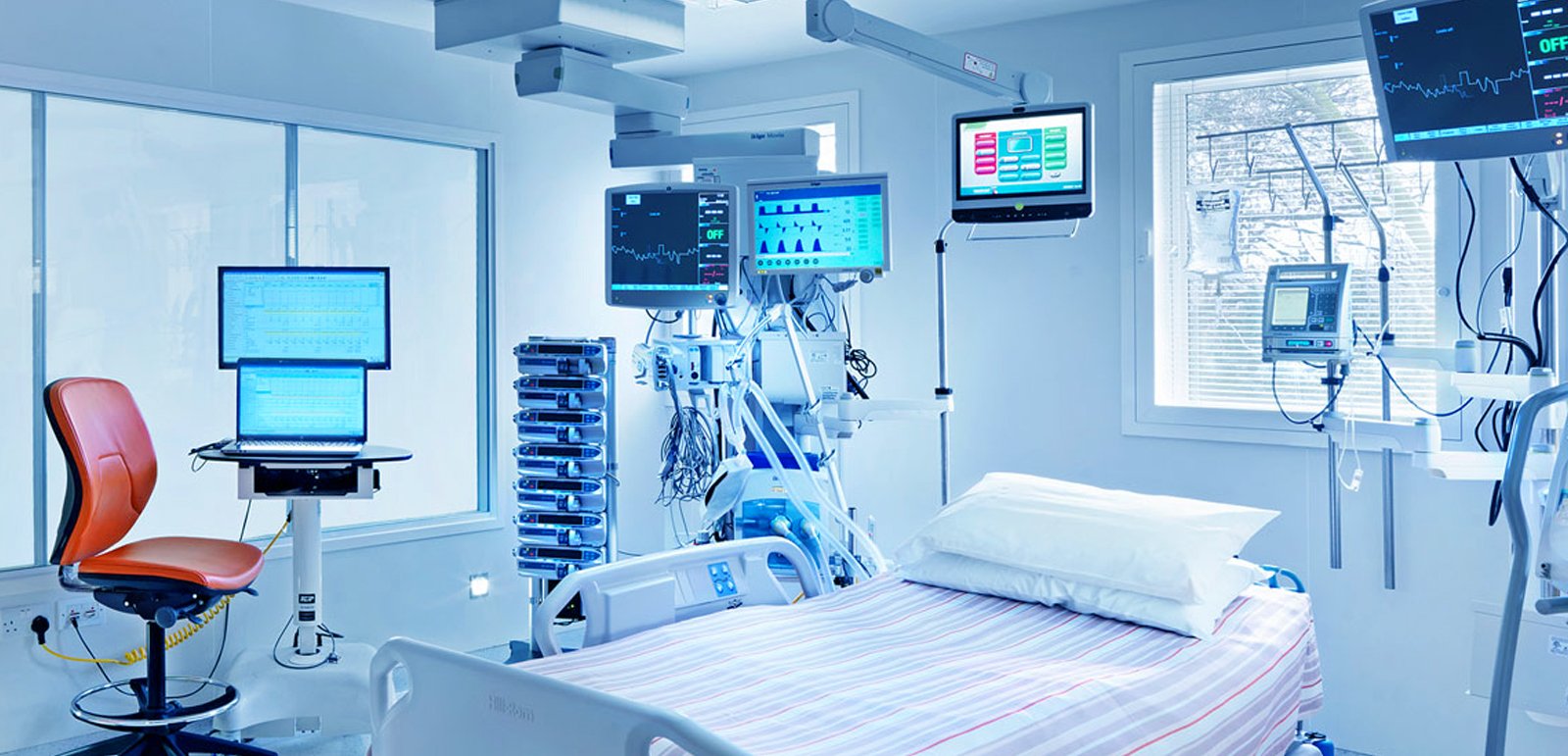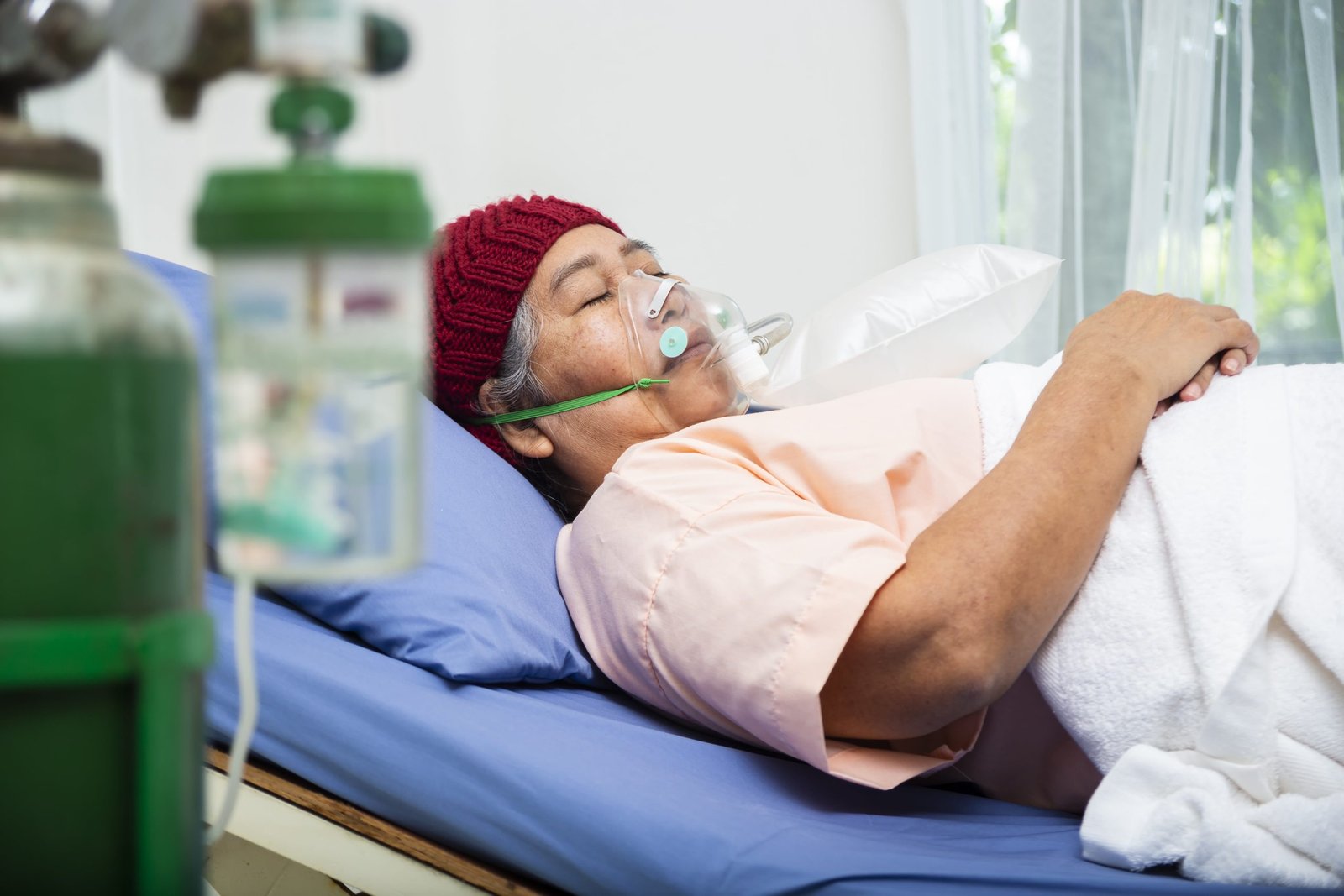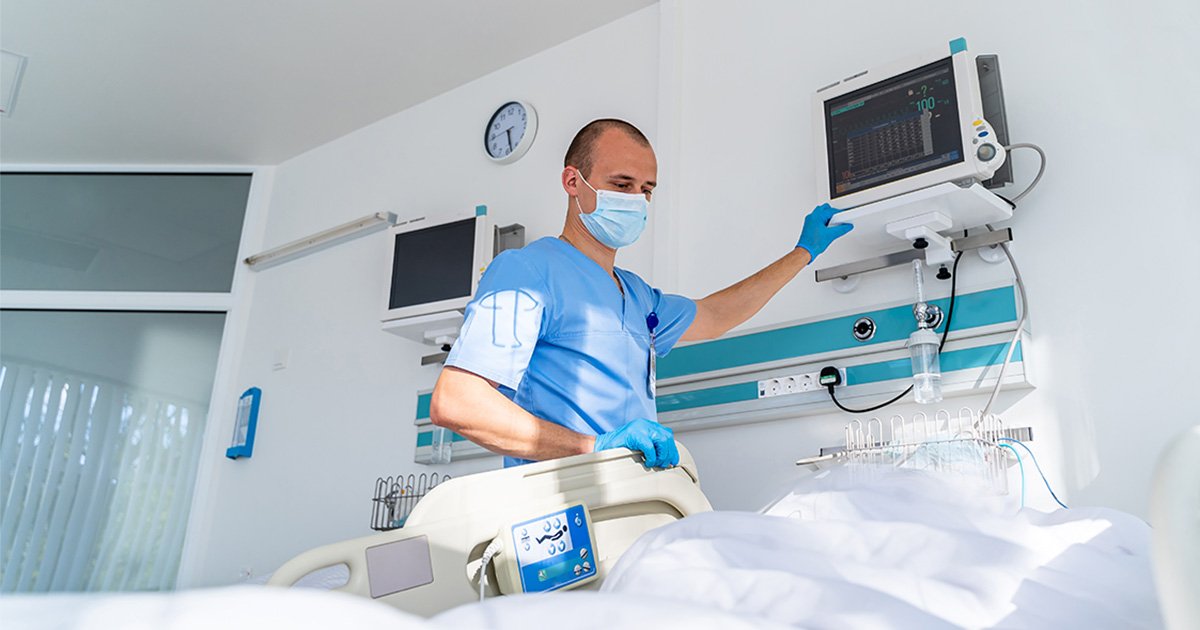Intensive Care Units (ICUs) are specialized areas in hospitals designed to provide the highest level of medical care to critically ill patients. To support patients in these critical situations, a variety of advanced tools and equipment are used. These tools help monitor, treat, and maintain the well-being of patients. Let’s explore the top ICU care tools and equipment that play a vital role in providing exceptional care.
Monitoring Equipment
One of the most essential tools in ICU care is advanced monitoring equipment. These devices track vital signs such as heart rate, blood pressure, oxygen levels, and respiratory function. Continuous monitoring allows healthcare providers to quickly detect any changes in a patient’s condition.
Transitioning from basic tools, modern monitoring equipment often integrates with electronic health records (EHRs) for a more comprehensive view of a patient’s health. This integration ensures that medical professionals have access to real-time data, facilitating better decision-making.

Ventilators and Life-Support Devices
Ventilators are critical pieces of equipment in ICU care. They provide respiratory support to patients who are unable to breathe on their own due to severe illness or injury. Smart ventilators, equipped with advanced algorithms, adjust settings automatically based on a patient’s needs, ensuring optimal ventilation and comfort.
Further, life-support devices such as dialysis machines and extracorporeal membrane oxygenation (ECMO) systems are used for patients with severe organ failure. Transitioning from manual to automated systems, these devices provide highly accurate support, enhancing patient safety.
Infusion Pumps and Medication Delivery Systems
Infusion pumps are used to administer medication and fluids to patients intravenously. These pumps offer precise control over drug dosage and reduce the risk of human error. By delivering the correct amount of medication at the right time, infusion pumps ensure consistent and safe treatment.
Transitioning to more advanced systems, many infusion pumps now come with wireless capabilities, allowing for real-time monitoring and adjustments remotely. This ensures continuous care even in remote or complex ICU settings.
Cardiac Monitors and Defibrillators
Cardiac monitors are essential for tracking heart function and detecting irregular rhythms. These devices are used to monitor electrocardiograms (ECGs) and provide early warnings for heart-related complications.
Additionally, defibrillators are used in emergencies to restore normal heart rhythms through controlled electric shocks. Transitioning from manual devices, modern defibrillators are automated, reducing the time needed for interventions and improving patient outcomes.
Temperature Management Tools
Maintaining a stable body temperature is crucial in ICU care. Temperature management tools, including warming and cooling blankets, are used to regulate a patient’s body temperature to avoid complications such as hypothermia or hyperthermia.
Transitioning from basic solutions, these tools are now integrated with advanced monitoring systems to ensure precise control of a patient’s temperature, enhancing their overall stability.
Surgical and Diagnostic Equipment
In addition to monitoring and life-support devices, surgical and diagnostic tools are critical in ICU settings. Equipment such as advanced imaging machines (CT scans, MRIs), ultrasound devices, and laparoscopic tools are used for quick and accurate diagnosis and treatment.
Transitioning from traditional to digital systems, these diagnostic tools provide instant results, allowing medical teams to make faster and more informed decisions.
Safety and Infection Control Equipment
Safety and infection control are top priorities in ICU care. Tools such as sterilization units, isolation chambers, and antimicrobial surfaces help maintain a clean and safe environment for patients.
Transitioning to more advanced infection control methods, ultraviolet light disinfectants and automated cleaning robots are now being used to ensure maximum safety, reducing the risk of infections in critical care areas.
Conclusion
ICU care relies heavily on specialized tools and equipment that provide advanced support for critically ill patients. From monitoring devices and ventilators to medication delivery systems and safety tools, each piece of equipment plays a vital role in improving patient outcomes. By incorporating these advanced tools, healthcare professionals can deliver more precise, efficient, and safe care in critical situations.











